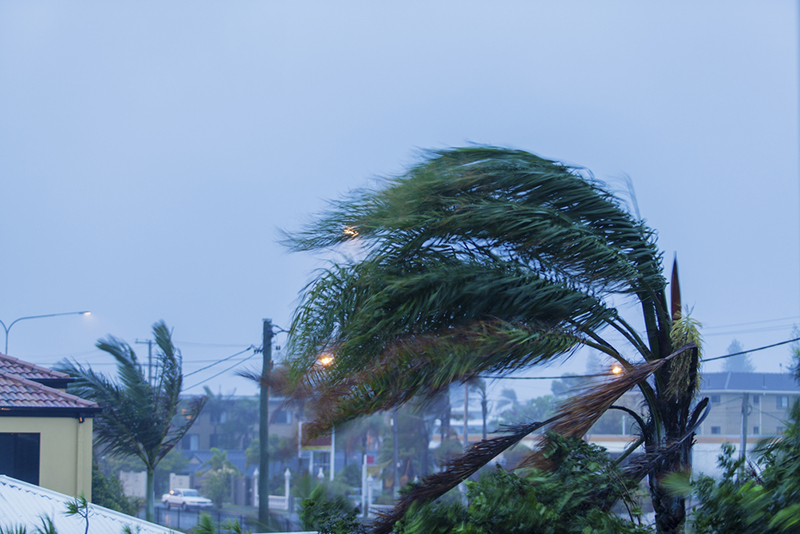The cleanup and recovery efforts in North Queensland could take months after the region was hit by the full force of Cyclone Debbie. Many people are yet to fully assess the damage to their homes and business as the weather system continues to smash towns with high winds and heavy rain.
Thousands of residents are still without power and some towns, like Collinsville, don’t even have working telephone lines. There are many health risks and hazards that arise due to natural disasters especially when communities lose access to things many of us take for granted, like food and clean water.
The Australian Defence Force are providing aid in recovery efforts in affected communities. A ship is arriving from Brisbane this week stocked with humanitarian relief supplies but there are many health problems authorities are concerned about and have advice on how to avoid.
Health problems that are affecting communities:
Contaminated flood water
According to Health Direct contaminated floodwater and mud can carry an increased risk of infections causing many health problems. Food, liquids or medicines that have come into contact with contaminated floodwater can also make you ill.
Health Direct has these tips to stay safe around floodwater:
- Avoid walking or wading through floodwater and mud if you can. The floodwater might be contaminated by sewage and debris
- Avoid contact with any floodwater if you have broken skin or any wounds
- If you get any cuts, abrasions or other wounds clean them with clean water, and cover with a dressing. Seek medical treatment if it gets dirty, red or sore, or if it’s deep
- If you come in contact with damaged material, flood water or mud wash your hands with soap
- Throw out any medicines that may have had contact with floodwater
- If any food come in contact with floodwater you must dispose of it
- Call you local council to check whether your water is safe. If you’re not sure, boil all drinking water.
Snake and spider bites
Bites can occur from snakes or spiders that may have taken refuge in your house or among the debris after a flood or cyclone. Health experts recommend watching out for snakes and spiders that may be hiding.
Snakes and spider bites are potentially life-threatening. If you are bitten by a snake follow the steps on this fact sheet by St John’s Ambulance Service. For information on spider bites visit the Better Health website.
Mosquito-borne diseases
Health Direct warns floodwaters and pooling water from heavy rainfall provide perfect conditions for mosquito breeding, potentially leading to outbreaks of mosquito-borne infections.
If your town is affected:
- Use insect repellent, mosquito coils and other deterrents
- Use mosquito nets while sleeping if possible
- Wear long, loose light-coloured clothing
- Remove debris and vegetation from storm drains and ditches to help prevent mosquitos from breeding
- Drain areas in and around yards and workplaces where water has accumulated
- Empty all containers like buckets, tyres, birdbaths and palm fronds
- Check water tank screens and replace them if required.
Where to get help
If it’s a life threatening emergency contact triple-0. For help in severe weather events you can contact the SES on 132 500. You can find details for local headquarters on the SES website.
Here are some handy hotlines that you can contact with any health questions you may have:
- Healthdirect helpline: 1800 022 222. Talk to a registered nurse, 24 hours a day, 7 days a week
- Queensland Health non-emergency phone line: 13 HEALTH (13 43 25 84). Qualified staff will give you advice on who to talk to and how quickly you should do it.
- It is important to keep Emergency wards for emergencies only. You can phone House Call Doctor on 13 55 66 if they need urgent medical care overnight or throughout the wet weekend.





